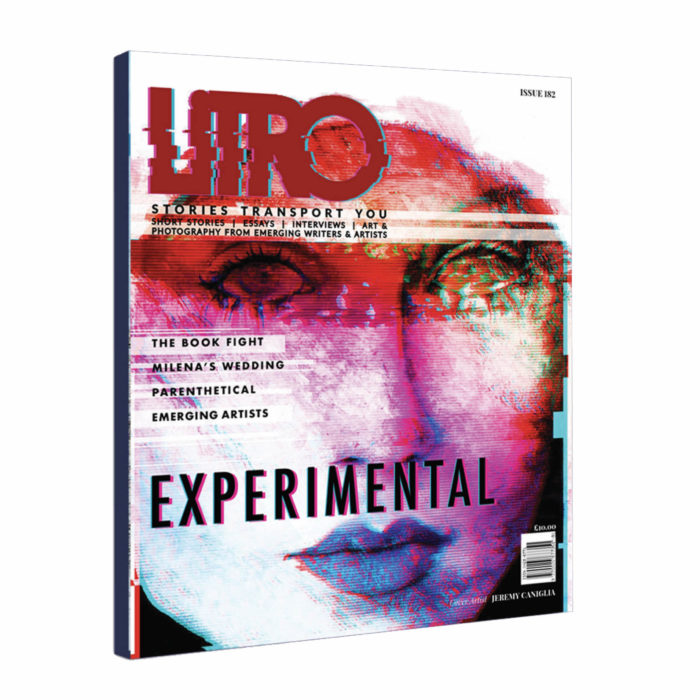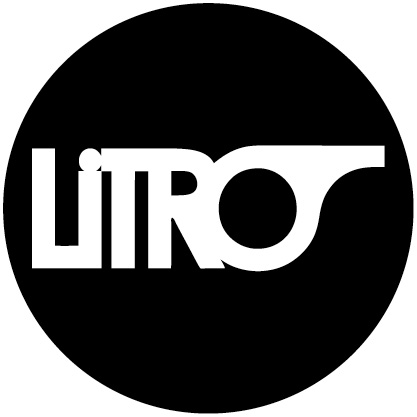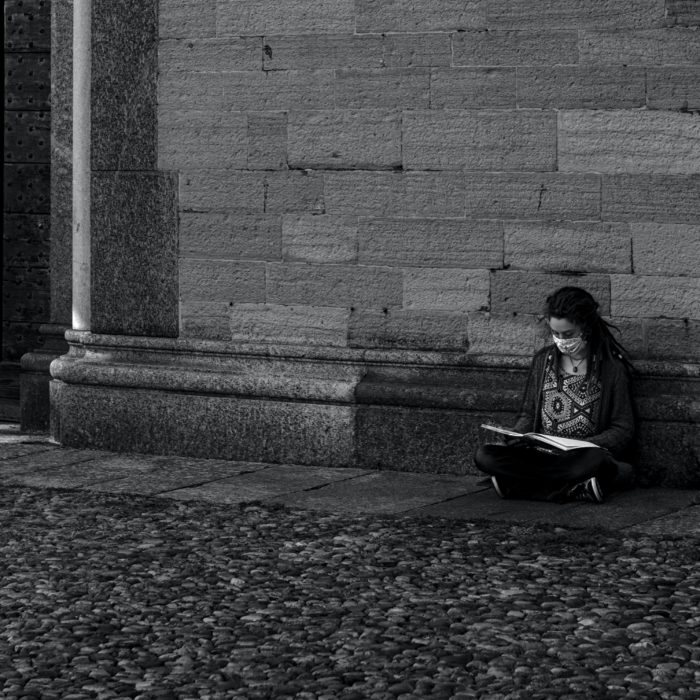You have no items in your cart. Want to get some nice things?
Go shopping
As the guest editor of Litro’s second Brazil-themed issue, with a special focus on writing from and about Rio, where I now live, I was proud when the result of my efforts for the previous nine months was finally published earlier in April this year. An idea behind the Rio issue was that it would be a way to give something back to the translators, writers and journalists who had already shown me so much of Rio through their writing, their ideas, and their friendship. Rather than simply being a sponge, soaking up all the literature they could send my way, I would relay it further, as far as the literary cauldron of London.
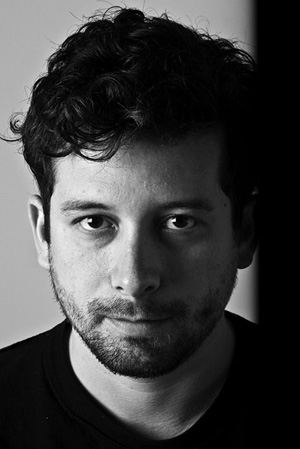
It seemed that Fabio Lima, Moema Salgado and Raquel Bertol of Rio’s Biblioteca Nacional agreed with me. When they called me up in May and said that they would like to host a launch event for the Rio issue in June, I was delighted. Litro is the first English publication to receive funding from the Rio National Library in their new wave of translation support, and they wanted to celebrate this inaugural success. Litro contributors Sérgio Rodrigues and João Paulo Cuenca agreed right away to take part in a public discussion at the launch event, but more difficult was our hunt for someone to present the Anglo World’s point of view; eventually we were able to convince Amy Webster, an international representative of the London Book Fair, to delay her flight in order to make up our panel. The topic of the night would be “A Literatura Brasileira para Ingles Ler“—roughly translated: “Brazilian Literature as the English Read It”.
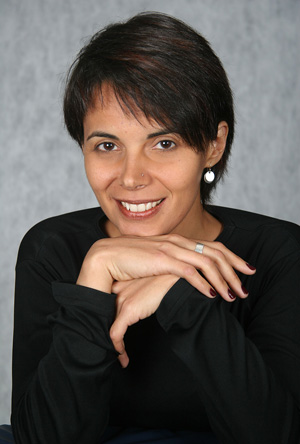
On the evening of 27 June, the turnout was superb. People of all strata of Rio literary life were present: poets, translators, editors, publishers, and agents, along with representatives of Brazilian funding organisations such as SESC and, thrillingly, not only newspaper journalists but also a reporter and cameraman from Globo News, a national cable television channel. The discussion encompassed the gloomy, the conflictual, the confusing, and the uplifting. Amy apologised to be the messenger of bad news, i.e. Britain’s dismal stats for publishing translations, but her contribution was an important reference point for the evening’s discussion. Sérgio and João Paulo later locked horns over the eternal question of whether writers must write from things and places that they know, or whether they can break free and write of and from places outside their own. This reminded me of Litro contributor Adriana Lisboa’s earlier comment: foreign readers, she said, have “ainda uma expectativa de exotico. So que o exotico mudou um pouco: as mulatas de Jorge Amado deram lugar aos retratos da violencia nos grandes centros urbanos.” (“There remains an expectation among foreign readers that Brazilian literature will present something exotic. Only the nature of the exotic as seen in Brazil has changed a little: from Jorge Amado’s mulattas, we have moved on to descriptions of urban violence.”)
I hope that with the launch of Litro 114: Brazil (Rio) and the follow-up event, “Endless Poem“, in Clerkenwell, London on 20 July as part of Rio Occupation London (which runs through the rest of July with many other Brazil-centric events), we can continue to open up the meanings encompassed by this broad and exciting quasi-continent of “exotic”.

About Sophie Lewis
Sophie Lewis is Litro Contributing Editor in Rio and Guest Editor of Litro #114: Rio. She translates prose from French to English, writes, interviews, travels and tastes wine. She helped to found the BBC National Short Story Award in 2005, while she was a junior editor at Prospect magazine. She set up and managed the Europe office of Dalkey Archive Press in London until 2011. She now lives in Rio de Janeiro and is Editor at Large for the publishing house And Other Stories.

